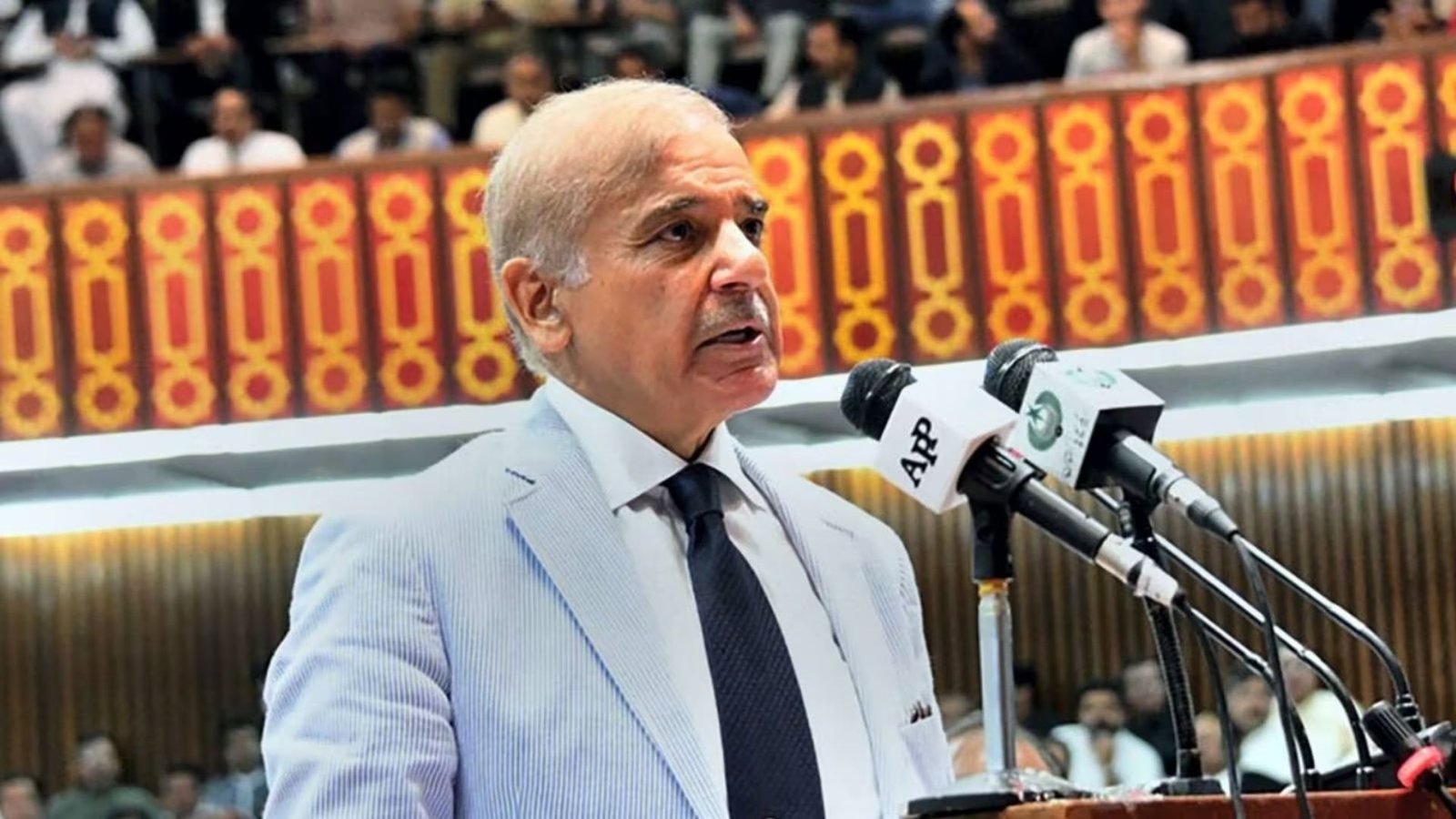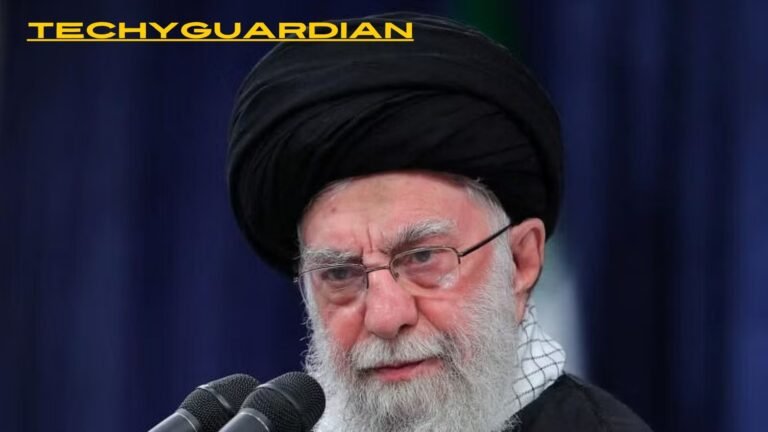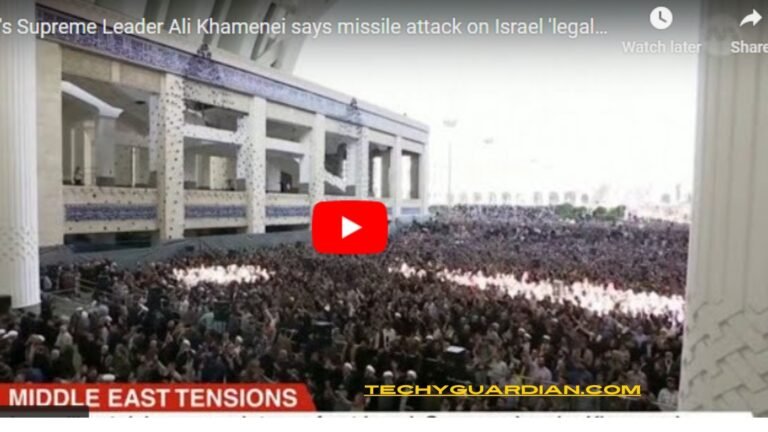
Palestinian struggle for justice
The Palestinian cause has been a cornerstone of global discussions surrounding justice, human rights, and the fight against oppression. As we reaffirm our commitment to the just struggle of Palestinians, it is crucial to explore the multifaceted aspects of this issue, from the historical roots to the ongoing reality of the conflict. This article will detail the historical context, the current political climate, and the role of international solidarity in supporting the Palestinian cause.
Historical Roots of the Palestinian Struggle
The Palestinian struggle for justice for independence and sovereignty is deeply rooted in history, dating back to the early 20th century. The establishment of Israel in 1948 and the subsequent Nakba, which translates to “catastrophe” in Arabic, resulted in the displacement of over 700,000 Palestinians from their homeland. This was not merely a geographical displacement but also a cultural and social upheaval, the effects of which continue to resonate today.
The core issue at the heart of the Palestinian struggle is the right to self-determination. Palestinians have continuously sought recognition of their right to govern themselves, to live in peace, and to return to the lands from which they were forcibly displaced. The ongoing conflict, characterized by Israeli occupation, has led to decades of tension, war, and unrest. Each generation of Palestinians has grown up in the shadow of occupation, facing challenges that most of the world cannot imagine.
The Impact of Israeli Occupation
One cannot discuss the Palestinian struggle for justice without addressing the significant impact of the Israeli occupation. Since the 1967 Six-Day War, Israel has occupied the West Bank, East Jerusalem, and Gaza Strip, which are considered by the international community as Palestinian territories. Over the decades, the occupation has become increasingly entrenched, with the construction of illegal settlements, military checkpoints, and a separation barrier that cuts through Palestinian lands.
The daily reality for Palestinians living under occupation is one of systemic discrimination, limited freedom of movement, and economic hardship. Israeli checkpoints restrict travel for Palestinians, making it difficult for them to access basic services such as healthcare, education, and employment. In Gaza, a blockade imposed by Israel has created a humanitarian crisis, with limited access to clean water, electricity, and medical supplies. The occupation not only infringes on Palestinian human rights but also perpetuates a cycle of violence and instability in the region.
The Role of International Law and Human Rights
The Palestinian struggle is often framed within the context of international law and human rights. Numerous United Nations resolutions have affirmed the illegality of the Israeli occupation and called for the recognition of Palestinian statehood. Despite this, Israel has continued to expand settlements in the West Bank, contravening international law, specifically the Fourth Geneva Convention, which prohibits an occupying power from transferring its population into occupied territory.
Human rights organizations, both local and international, have documented countless violations against Palestinians, from house demolitions to arbitrary arrests. The International Criminal Court (ICC) has opened investigations into potential war crimes committed in the occupied territories, highlighting the severity of the situation. The failure of the international community to hold Israel accountable has further emboldened its actions, leading to a sense of impunity.
The Role of International Solidarity
International solidarity has been a key component in the Palestinian struggle. Throughout history, movements for justice and equality have been strengthened by global support, and the Palestinian cause is no exception. From student groups to human rights organizations, there has been a growing movement advocating for an end to the occupation and a just resolution to the conflict.
One of the most visible forms of solidarity is the Boycott, Divestment, and Sanctions (BDS) movement, which seeks to apply economic and political pressure on Israel to comply with international law. Modeled after the South African anti-apartheid movement, BDS has gained significant traction in recent years, with academic institutions, artists, and even some governments endorsing its call for justice.
The power of international solidarity is not only in its ability to put pressure on those in power but also in its capacity to amplify Palestinian voices. For too long, Palestinians have been silenced in global forums, their narratives overshadowed by dominant political discourses. International solidarity allows their stories to be heard, their struggles to be acknowledged, and their demands for justice to be taken seriously.
The Path Forward: A Two-State Solution?
One of the most widely discussed solutions to the Israeli-Palestinian conflict is the two-state solution, which envisions an independent State of Palestine alongside the State of Israel. While this has been the basis of numerous peace talks and negotiations, the feasibility of this solution has come into question in recent years. The expansion of Israeli settlements, the annexation of Palestinian land, and the fragmentation of Palestinian territories have made the establishment of a contiguous Palestinian state increasingly difficult.
For Palestinians, the right to return to their ancestral lands remains a core demand. This right, enshrined in United Nations General Assembly Resolution 194, has been a point of contention in peace negotiations. Israel has consistently opposed the return of Palestinian refugees, fearing that it would undermine the Jewish demographic majority in the region. However, without addressing this issue, any potential peace agreement risks being unsustainable.
The Importance of Continued Advocacy
As we reaffirm our commitment to the just Palestinian struggle for justice, it is essential to recognize that advocacy must continue at both the grassroots and governmental levels. Governments and international bodies have a responsibility to hold Israel accountable for its violations of international law, while individuals and civil society groups must continue to pressure their representatives to take meaningful action.
The media also plays a critical role in shaping public perception of the conflict. For too long, mainstream media outlets have presented a one-sided narrative, often failing to give voice to the Palestinian experience. Independent journalism, social media activism, and alternative news sources are crucial in countering misinformation and providing a more balanced understanding of the situation.
Conclusion
The Palestinian struggle for justice is not just a regional issue; it is a global cause that resonates with people who believe in human rights, equality, and justice. As long as Palestinians remain under occupation, the international community has a moral obligation to support their fight for freedom. Reaffirming our commitment to the just struggle of Palestinians means continuing to advocate for their rights, amplifying their voices, and holding those in power accountable for their actions.
Read More: Israel’s Hezbollah Fires Thousands of Rockets at Akko
Read More: Lebanon Under Attack: Multiple Killings, Death Toll Rises as Israeli Warplanes Target Hezbollah






1 thought on “PM Shehbaz Reaffirms Support for Palestinian Struggle”